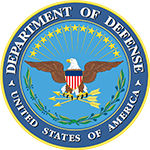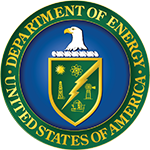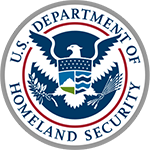This training builds on the previous "Intro to Resilience: 1 - Key Concepts" and "Intro to Resilience: 2 - Hazard and Vulnerability Assessments" trainings by helping connect stakeholders to resilience solutions based on their hazard exposure and vulnerability. It describes different types of resilience solutions - institutional, operational, and technological - to help attendees understand what is meant by "holistic" resilience planning. Examples of different resilience solutions will be provided, ranging from smaller projects to larger projects. The training also includes a discussion on climate resilience solutions, including nature-based solutions and climate adaptation and mitigation solutions.
Instructors
Sophia Baur, Earth Scientist, Pacific Northwest National Laboratory (PNNL) Read Bio
Sophie Baur is an earth scientist at Pacific Northwest National Laboratory with a background in data science and environmental science. At PNNL, Sophie works primarily in risk analysis and climate change resiliency, with experience in risk assessment associated with energy and water resiliency, carbon sequestration, and nuclear applications.
Kathryn Otte, Pacific Northwest National Laboratory Read Bio
Kathryn is a data scientist in the Risk Modeling & Optimization group at Pacific Northwest National Laboratory. She specializes in developing risk algorithms and simulation tools for federal agencies. Her research applications include resilience planning, aviation security, building digitalization for energy efficiency, and cybersecurity for agriculture.
Hannah Hudson, Mechanical Engineer, Pacific Northwest National Laboratory (PNNL) Read Bio
Hannah Hudson is a mechanical engineer at Pacific Northwest National Laboratory with a background in performing energy assessments for industrial and commercial facilities. Her experience includes evaluating energy and water efficiency, renewable energy technologies, and resilience solutions. At PNNL, Hannah provides analysis and support by developing holistic energy plans at the facility, campus, and enterprise level.
Learning Objectives
Upon completion of this course, attendees will be able to:
- Identify how resilience solutions can address combinations of resilience gaps, hazards, or vulnerabilities;
- Identify the different types of resilience solutions, including technological, operational, and institutional;
- Identify how to analyze examples of resilience solutions.









